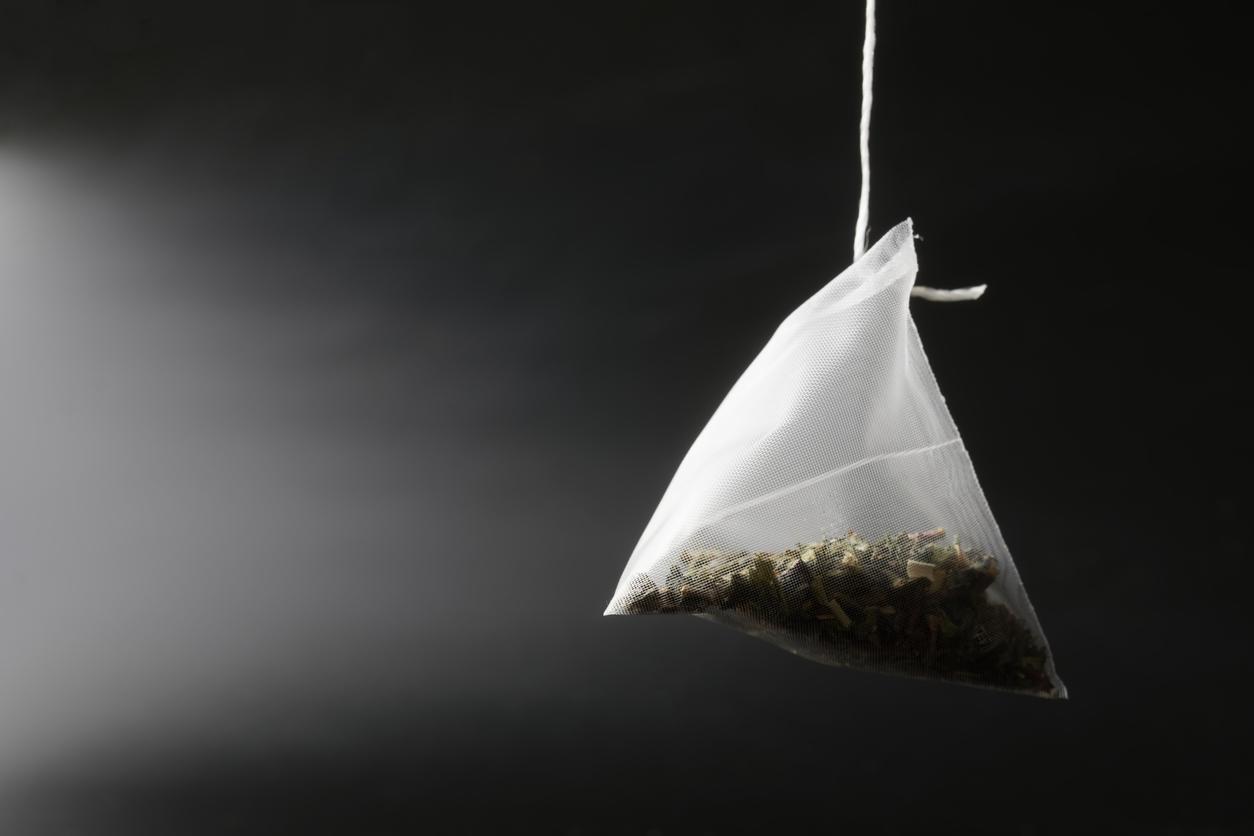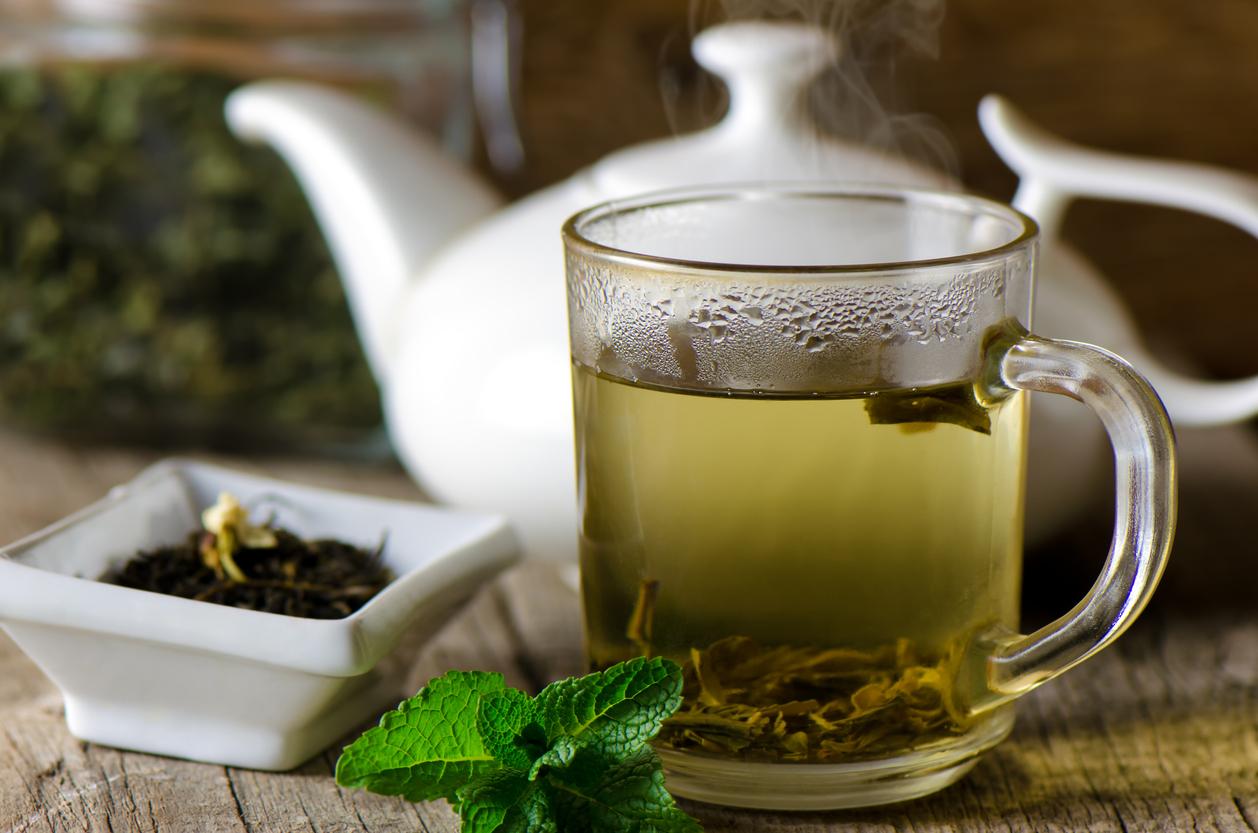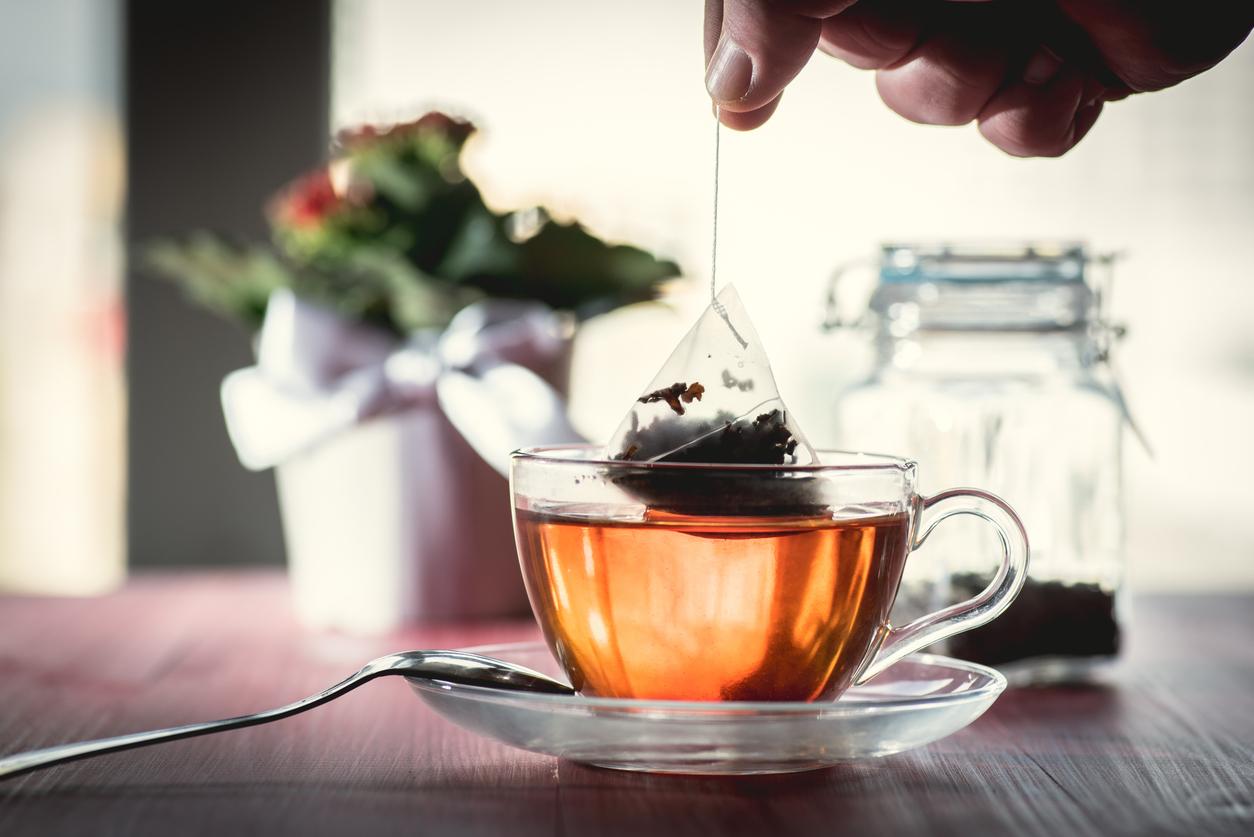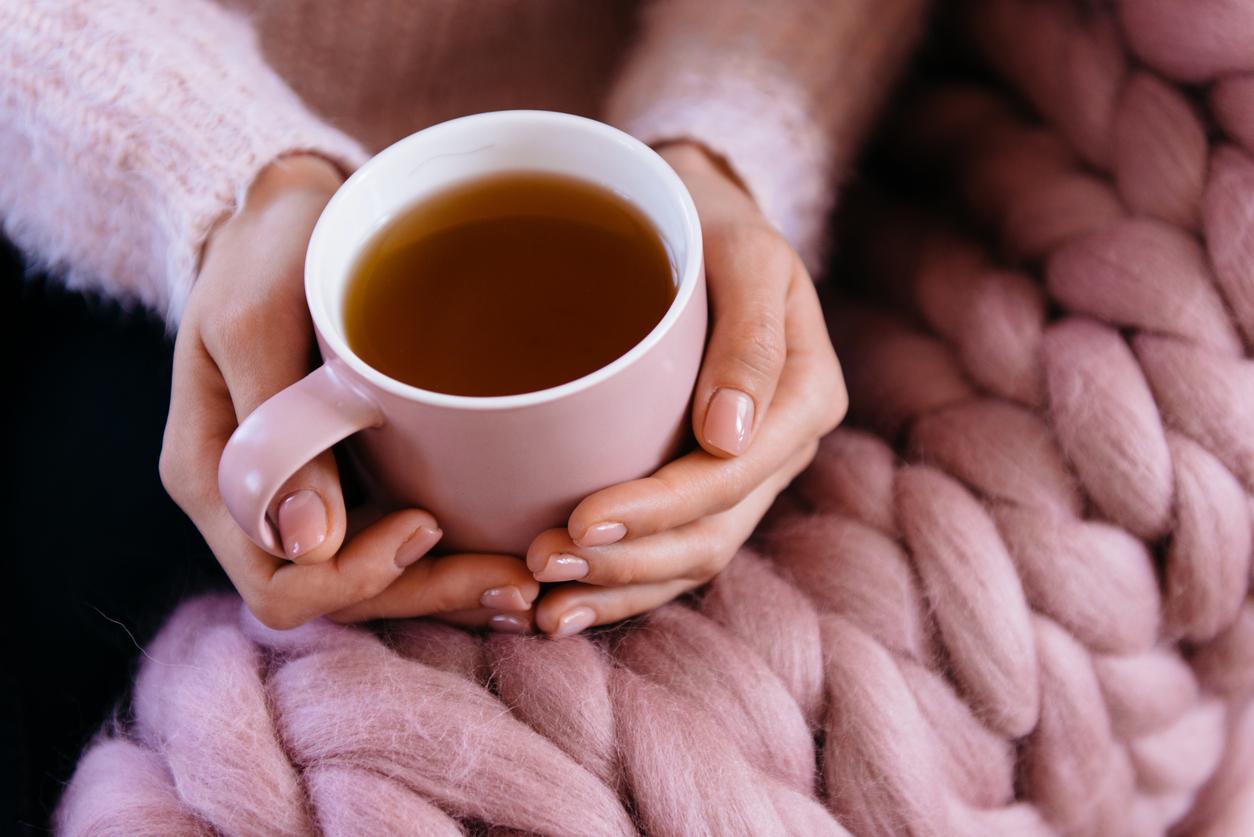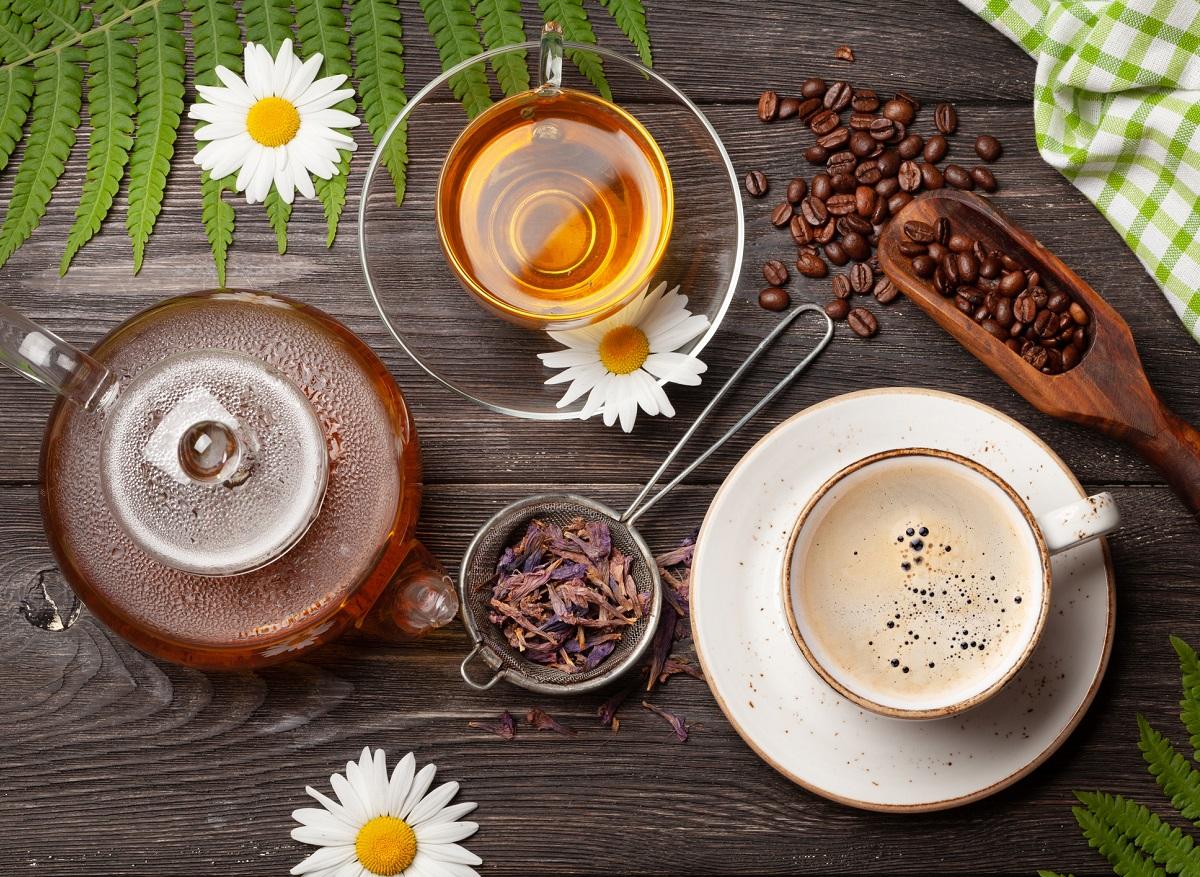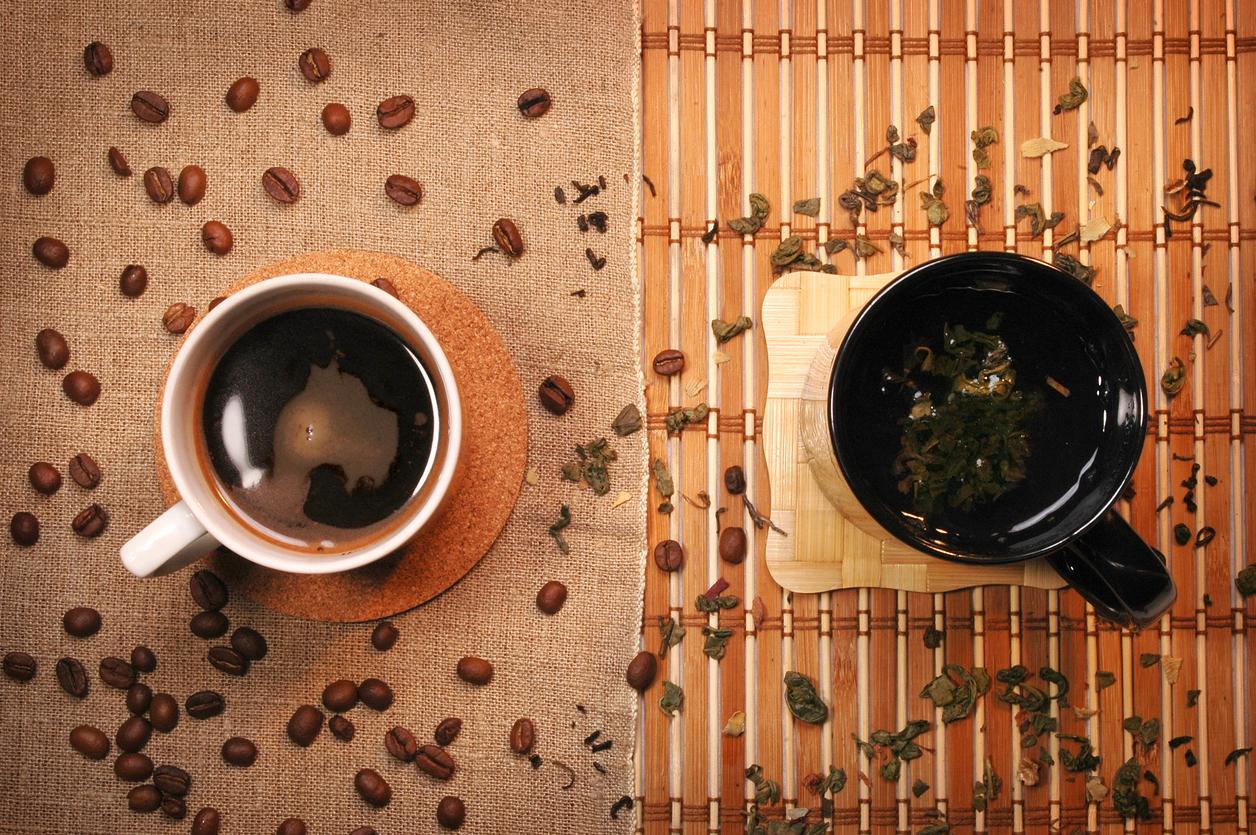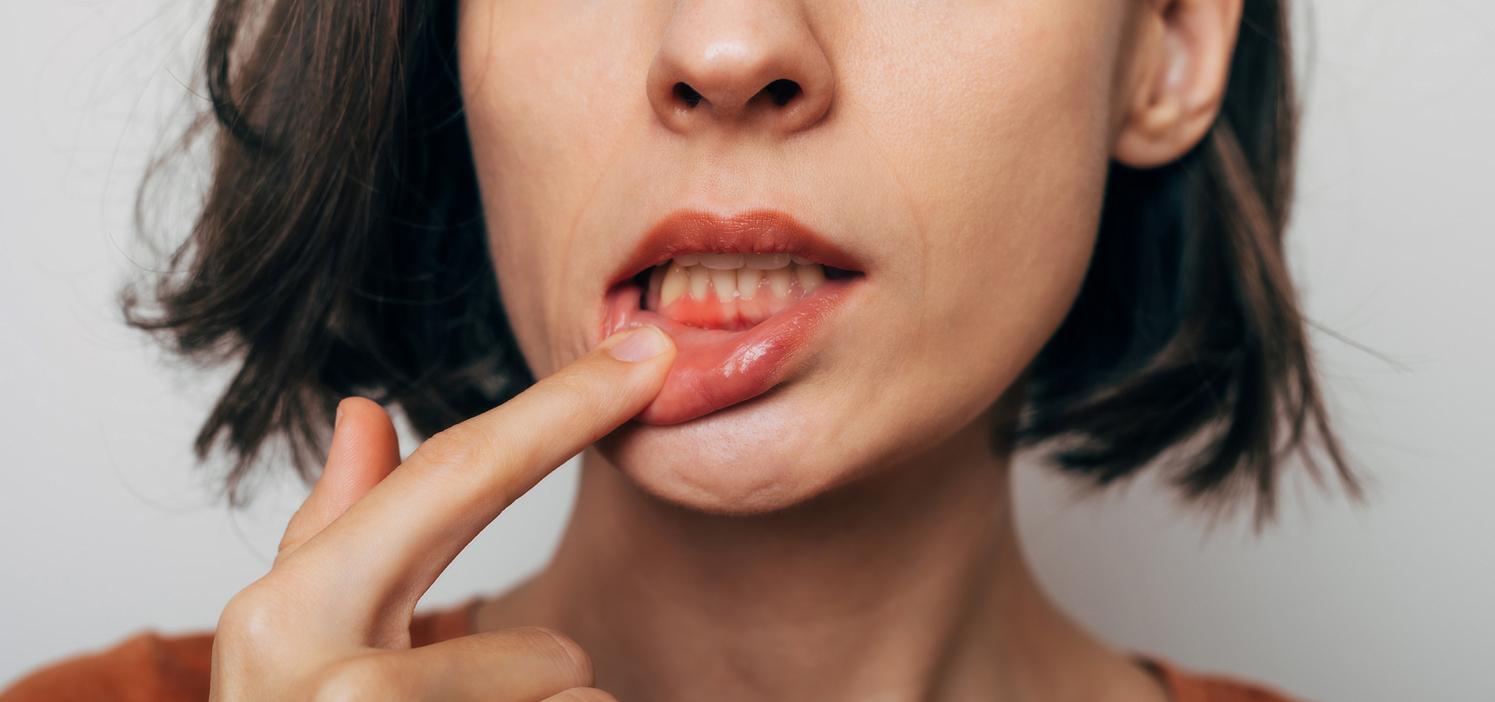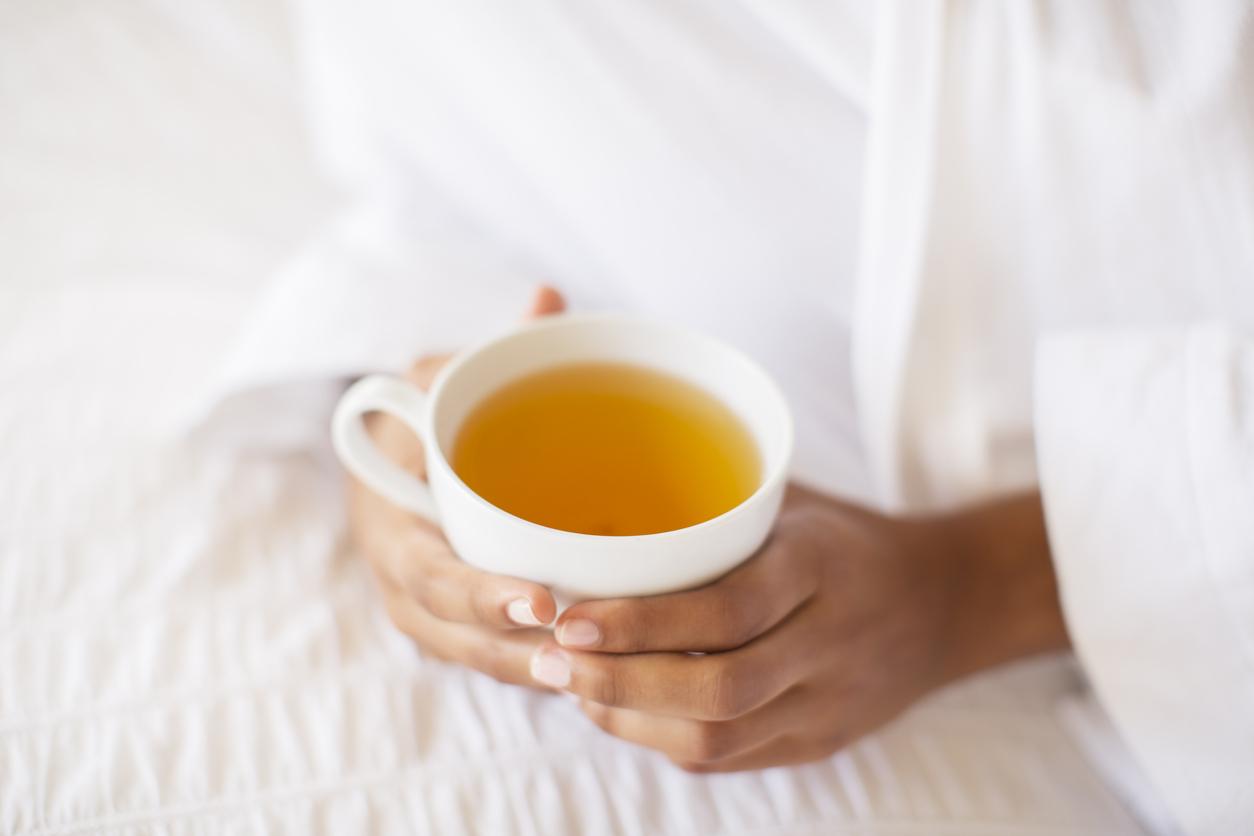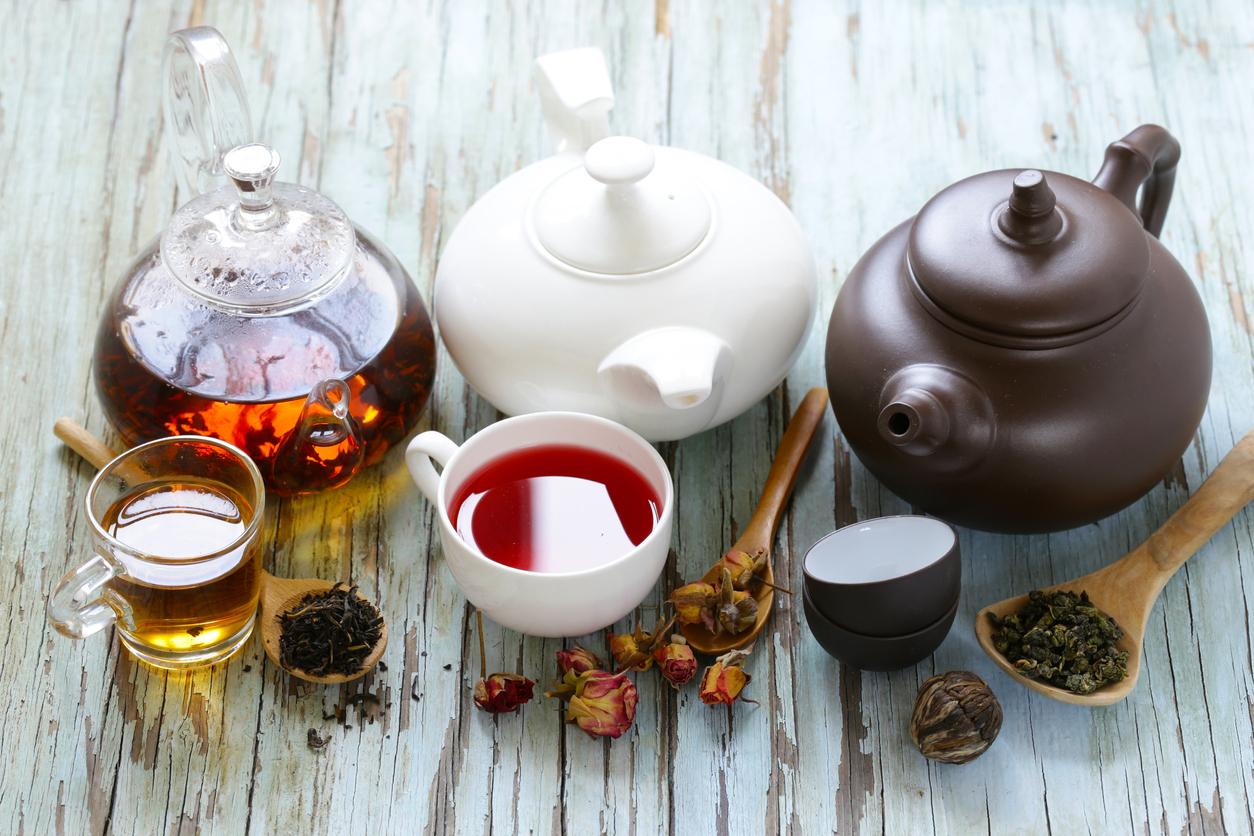Tea has many benefits for the body. It would reduce the risk of cardiovascular disease, improve bone density, help fight against the appearance of cavities, fight against fat storage… Consuming two cups of green tea a day would even delay the deterioration of cognitive functions and limit the risk of developing Alzheimer’s and Parkinson’s diseases.
But this drink, renowned for its relaxing properties, still contains theine, the same exciting molecule as the caffeine present in coffee. At too high a dose, it can make people who are sensitive to stress or have a tendency to anxiety nervous. Far-reaching consequences of tea’s “Zen” reputation. But Dr. Liang Chen and his colleagues from the Chinese Academy of Agricultural Sciences (CAAS) have just made an astonishing discovery: in the mountains of southern China, they have found a rare species of tea that does not naturally contain caffeine. .
No caffeine or cis-catechin like in other teas
Tea leaves contain 1% to 6% theine. In a cup, the amount of stimulant is less than for coffee. But some people are more sensitive to it than others. If the molecule is stimulating, it can also irritate, disturb sleep, make nervous and cause gastrointestinal damage. It is therefore advisable not to exceed 600 mg per day. Those most affected will even have to reduce their consumption to less than 100 mg of caffeine / theine per day.
But with this new tea, no restrictions. It comes from a wild tea tree, called Hongyacha, which grows between 700 and 1000 meters in the province of Fyjian. Using chromatography, the researchers analyzed its chemical composition and detected neither caffeine nor cis-catechin, the two dominant molecules in the usual varieties. On the other hand, Hongyacha would contain mainly theobromine, gallocatechin and gallocatechin gallate, several compounds potentially beneficial to health. Digging deeper, the team found that the tea plant actually had a mutation in the gene that codes for caffeine synthesis.
Very rare, this Hongyacha tea was already known to local people. “Locals believe that drinking it can reduce internal heat, cure colds, cure stomach painsexplains Dr. Liang Chen, relayed by the site Sci-News. However, given its narrow and rare production, we lack detailed information. » However, he believes that this caffeine-free drink “could become a popular drink due to its distinct composition and unique health benefits”.
Dr. Liang Chen’s study was published last month in the Journal of Agricultural and Food Chemistry.
Read also :
- Green tea: it should not be consumed in excess
- Focus on matcha tea
- Why coffee keeps you up at night








